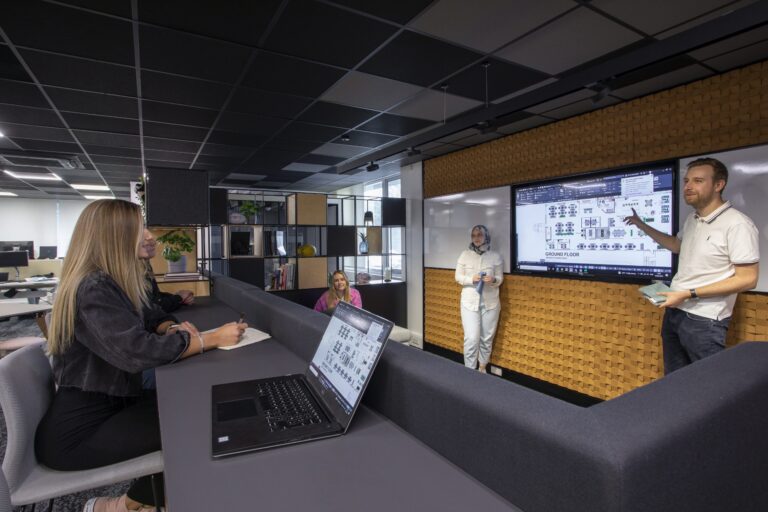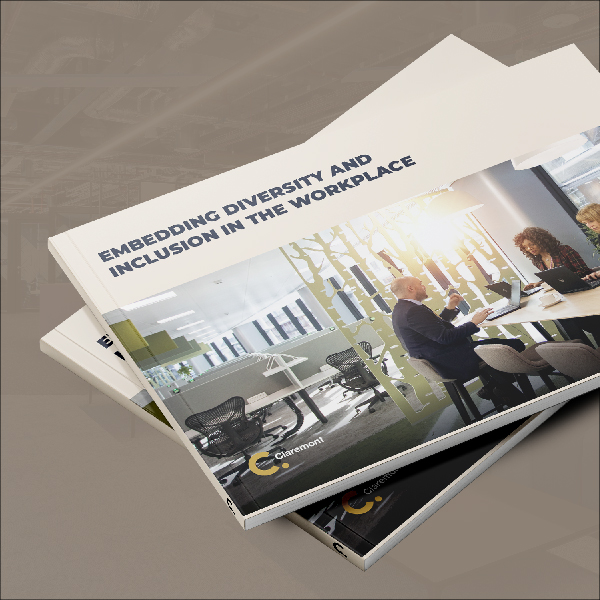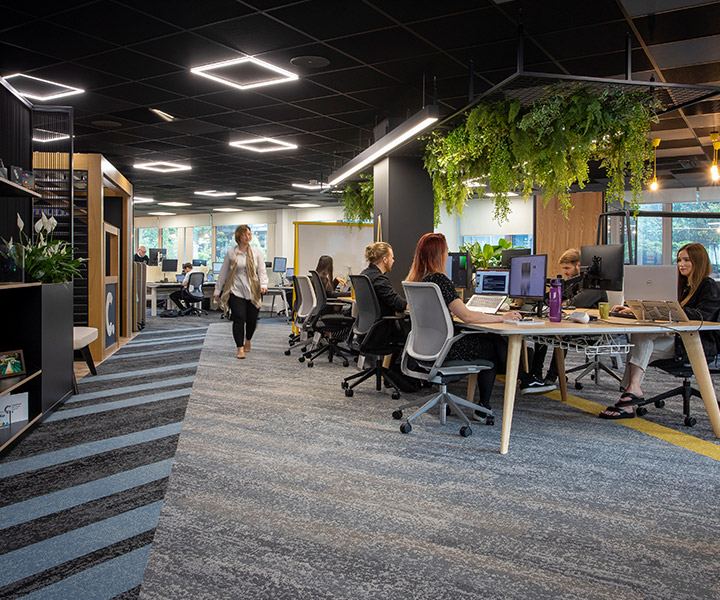
Is Hybrid Working the Remedy to Absenteeism?
Date
1 February 2023
Read length
5 min
Psychologically speaking, ‘absenteeism’ is the unjustified and persistent absence from work (APA). Essentially, it’s the adult equivalent of skiving off school, or the civil equivalent of being AWOL.
The main impacts absenteeism brings to employers are:
- Decreased productivity, both for the absent individual and their colleagues picking up the flack
- Low morale or disengagement
- Management frustration
- Negative impact on customers or clients
- Financial loss to the UK economy of approximately £21 billion in 2020, expected to rise to £26 billion by 2030
It might be easy to blame the impact of absenteeism on a few bad-apples, but the real causes of these unauthorised and unjustified absences cut deeper; such as:
- 70% of unscheduled absences are due to personal or family-related issues, stress, and exhaustion from work
- Lack of flexible working opportunities for employees
- Low morale or toxic culture – if people don’t feel valued or respected as employees, they’ll likely show the same respect to their employers!
- Lack of awareness, empathy or connectedness to employee wellbeing means that poor mental or physical health may go unnoticed and lead to last minute absences
Research shows how flexible working arrangements are key to reducing absenteeism. Taking flexible working arrangements a step further into hybrid working has been shown to reduce absenteeism by between 26% and 88% (Global Workplace Analytics).
This clear link is largely due to employees having a level of autonomy over where and when they work and absenteeism is due to many factors, such as; less exposure to sick co-workers, handle personal appointments, exposure to fewer environmental and occupational hazards, less commuter barriers (particularly in a world of train strikes and high fuel costs!).
Research has also shown that colleagues working within a hybrid model are happier in their work, therefore reduce
Whilst hybrid working models are expected to reduce absenteeism by 30% (Baker, D., 2021), the office must reflect a hybrid design in order to maximise on this reduction of absenteeism levels. This design would encompass:
- Greater social space to enhance the connected employee experience
- Biophilic design to support wellbeing when in the office
- Comforts of home – natural light, quiet working areas, healthy refreshment options etc.
- Control over the temperature and lighting in areas of the office
- Spaces and programme focusing on colleague wellbeing can reduce absenteeism by up to 42%
- Ergonomically sound furniture solutions to improve posture when at the office
If you would like to learn more about how important an inclusive workplace is in reducing the rate of absenteeism, check out our Annual Insight Report ‘Balanced Workplaces.’
See how we could help with your new office interior design or office design and build project here
Get in touch
We love nothing better than talking all things workplace and design – got a question, potential project or just need some guidance?
Drop us a note…





